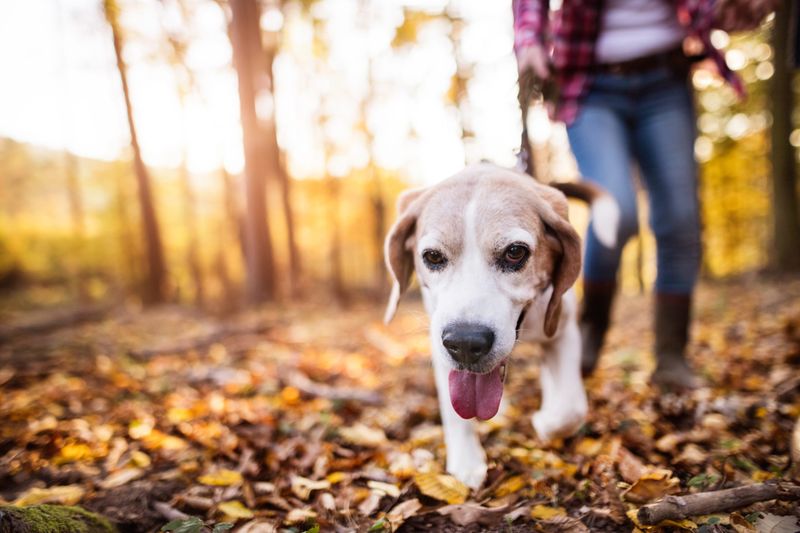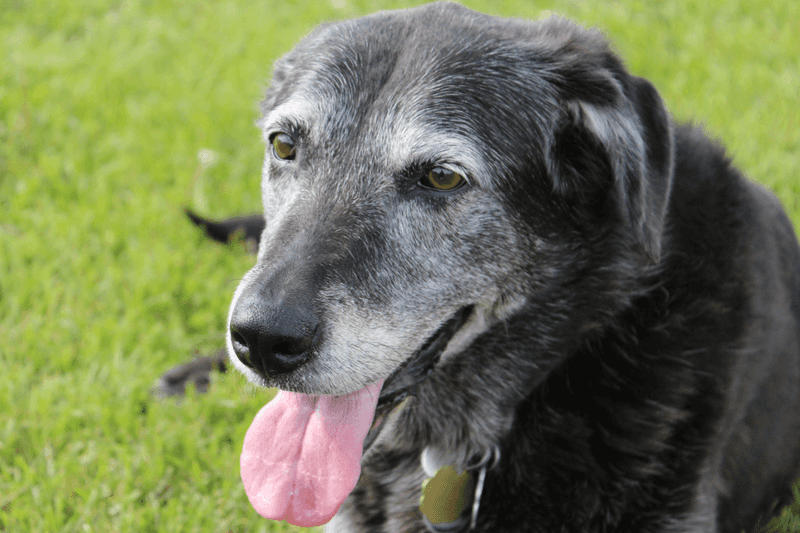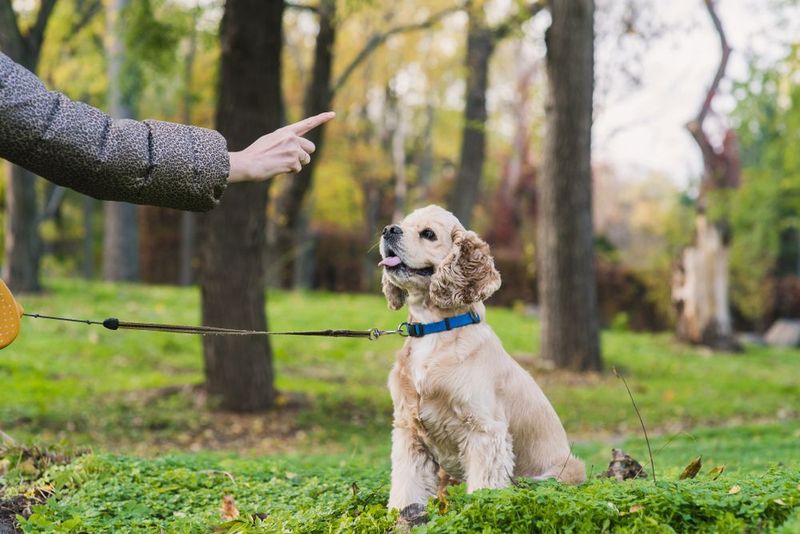As our beloved canine companions grow older, they often exhibit subtle signs of aging that may go unnoticed. Recognizing these signs early can help you provide the right care and comfort as they transition into their golden years. Here are ten subtle indications that your dog might be aging and some advice on what you can do to help.
Slower Movement
Does your furry friend seem to take longer strolls than they used to? Slower movement can be a telltale sign of aging in dogs. Just like humans, dogs can experience joint stiffness and arthritis.
It’s essential to provide them with a comfortable bed and consider joint supplements or medications. Regular, gentle walks are beneficial to keep their muscles active.
In doing so, you’ll ensure they remain healthy and happy for as long as possible. Consult your veterinarian for personalized advice tailored to your dog’s needs.
Greying Fur
Notice more grey around your dog’s muzzle? As dogs age, their fur often gets a lovely sprinkle of grey, especially around the face. It’s a natural process that adds a touch of wisdom to their appearance.
While this change in fur color is usually harmless, regular grooming can help maintain their coat’s health. A balanced diet rich in nutrients will also contribute to their overall well-being.
Cherish the distinguished look as a sign of your dog’s life experiences and gentle wisdom.
Increased Sleeping
Is your dog catching more Z’s than usual? Increased sleeping is a common sign of aging in dogs. As their energy levels decrease, they may need more rest to recharge.
Ensure they have a quiet and comfortable space to nap without disturbances. Monitoring their sleep patterns can also help you notice any sudden changes that may require veterinary attention.
Your dog’s increased napping can be a reminder to enjoy slower-paced moments together.
Hearing Loss
Does your dog no longer respond to their name with the same eagerness? Hearing loss is a common issue as dogs age. They might not hear you calling them or react to other sounds they once did.
This can be managed by using hand signals or maintaining a consistent routine to help them feel secure.
Regular check-ups with the vet can also ensure there’s no underlying condition causing the hearing loss, providing peace of mind.
Vision Decline
Have you noticed your dog getting startled more often? A decline in vision is common in aging dogs. Cataracts or other eye issues may cause them to misjudge distances or appear cautious in new settings.
Creating a safe home environment and avoiding moving furniture can prevent accidents.
Regular eye check-ups are vital to catch any treatable conditions early. Keeping your dog’s living space familiar and well-lit can also ease their navigation.
Appetite Changes
Has your pup’s eating habits changed? A shift in appetite is often an aging sign. Whether they’re eating less or more, these changes can signal underlying health issues.
Switching to a senior dog diet can aid in maintaining their health. Nutrient-rich meals






